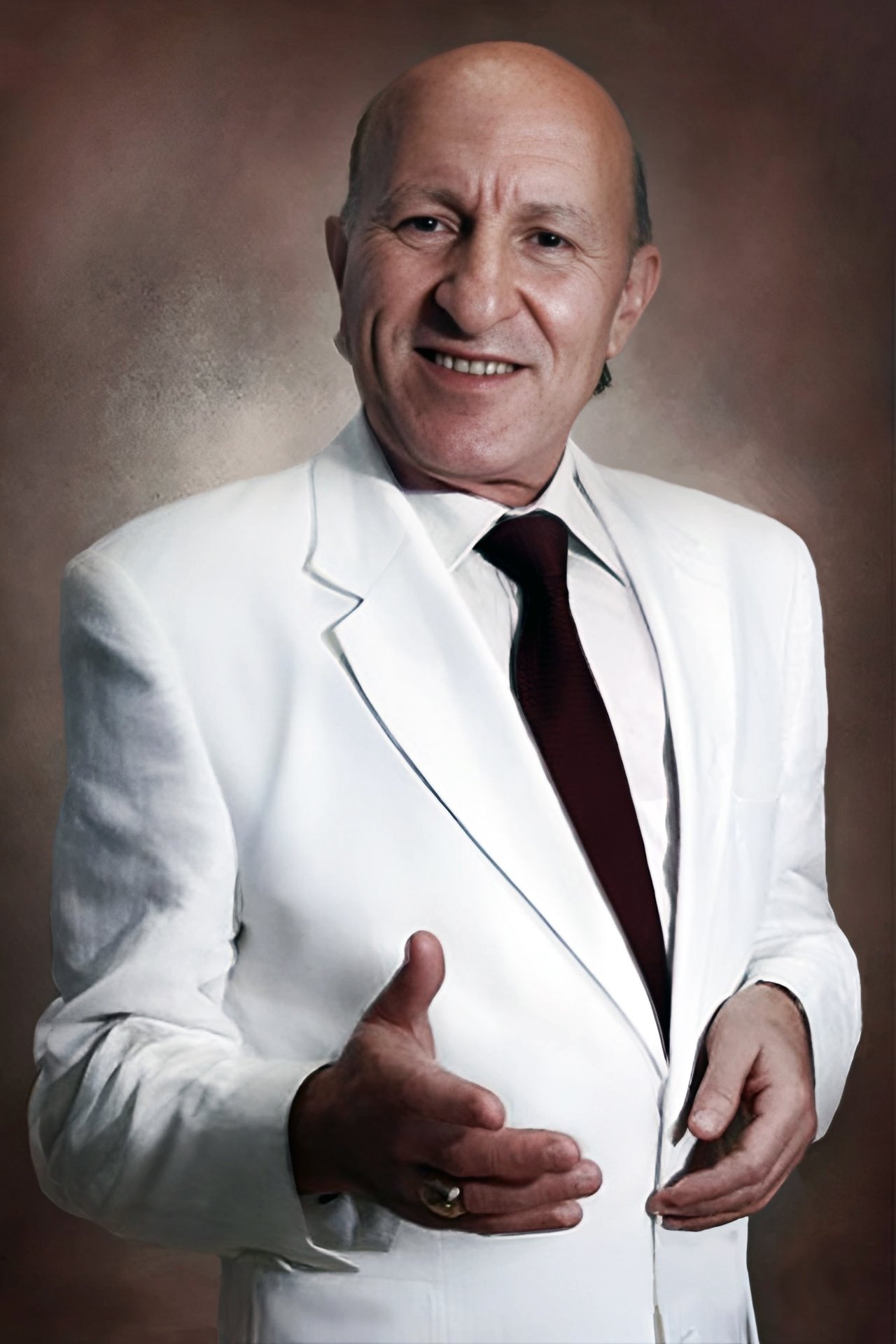

Elisabeth lives a quiet live in the Belgian countryside with her young adult daughter Elodie. After the divorce from her husband Elisabeth took care of her daughter on her own. When Elodie disappears over night and Elisabeth discovers that she travelled to Syria to join the Islamic State, she begins her journey to find her daughter.
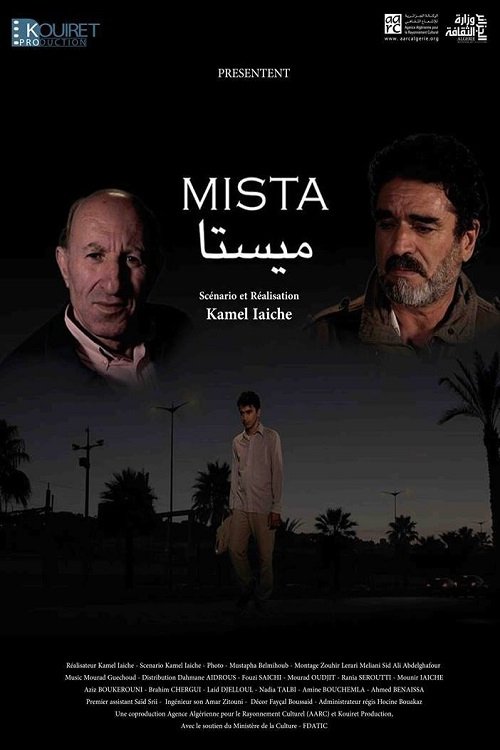
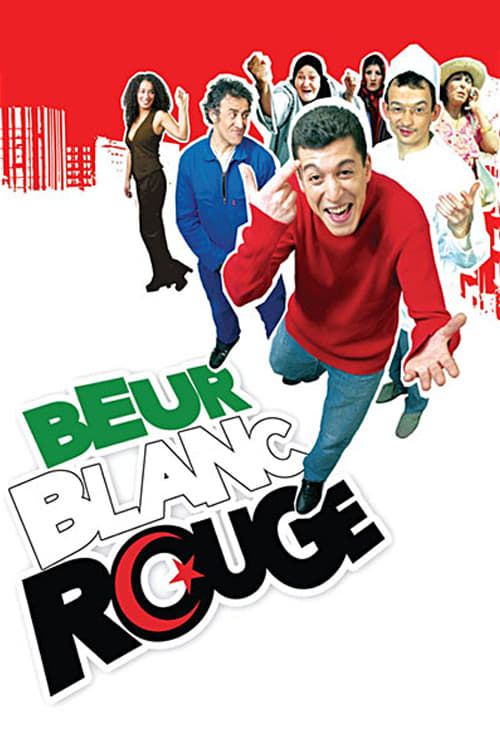
Le match France - Algérie vient chambouler le train-train de Brahim et Mouloud. Cet évènement va diviser les deux amis : Brahim revendique son identité algérienne, Mouloud fustige son refus de la France, pays qui les a vu grandir.
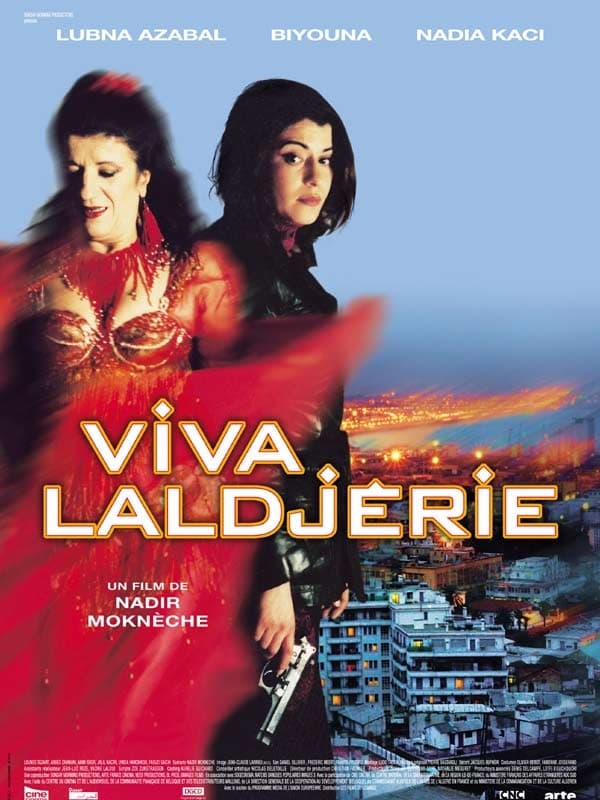
This movie portrays three women living in today's Algeria between modern society and Islamic fundamentalism, self-determination and dependence. Goucem, a young woman who works for a photographer and mistress of a rich doctor, her mother Papicha, a former cabaret star, and her best friend Fifi, a prostitute, all live in a hotel in the city center of Algiers. Their difficult personal situation and the growing influence of Islam lead to dramatic consequences...
A César award nominated short feature about a lady who unwittingly seeks shelter in a bar where she attracts the unwelcome attentions of one of the customers.
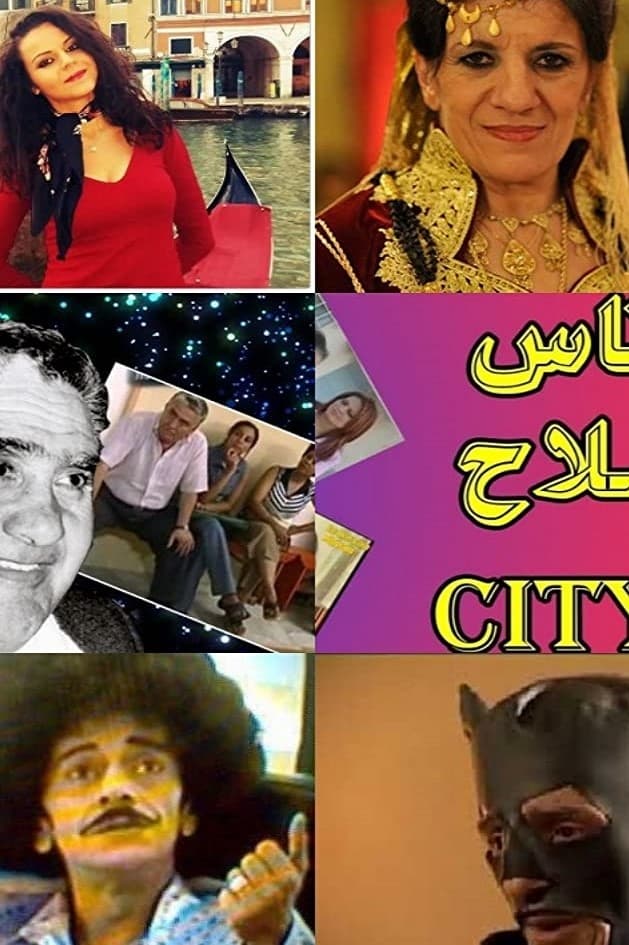
Nass Mlah City is a 2002-2006 Algeria comedy TV series directed by Djafar Gacem and broadcast by ENTV. It first aired in Algeria on 6 November 2002 and has since produced well over 52 episodes.
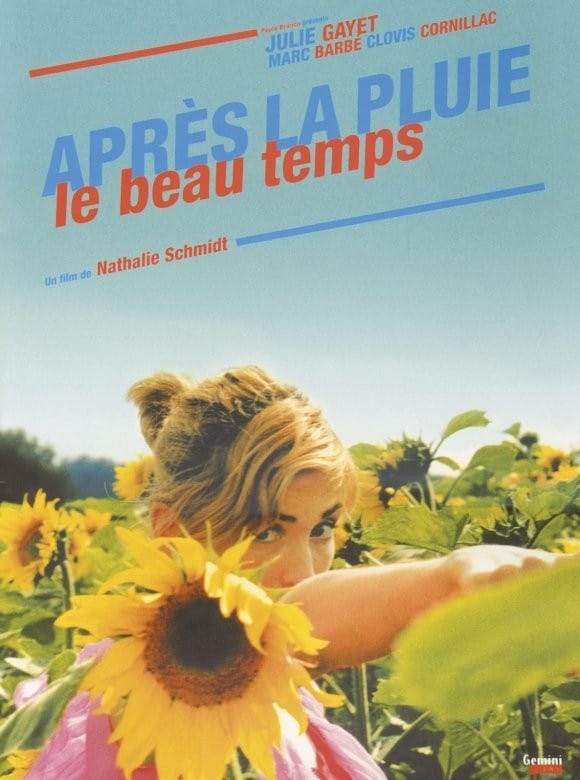
Rose Bonbon, a small singer of light variety with a naughty and colorful imagination, is in the glue with Roger, a characterful brute who thinks he is a manager. Between shabby hotels and cheap restaurants, she meets the handsome Dubel, an impresario on the sidelines. He hires Rose at the drop of a hat because he has to replace Hermine Zibeline for a tour in the Paris region with the famous Billie Boys from Broadway.
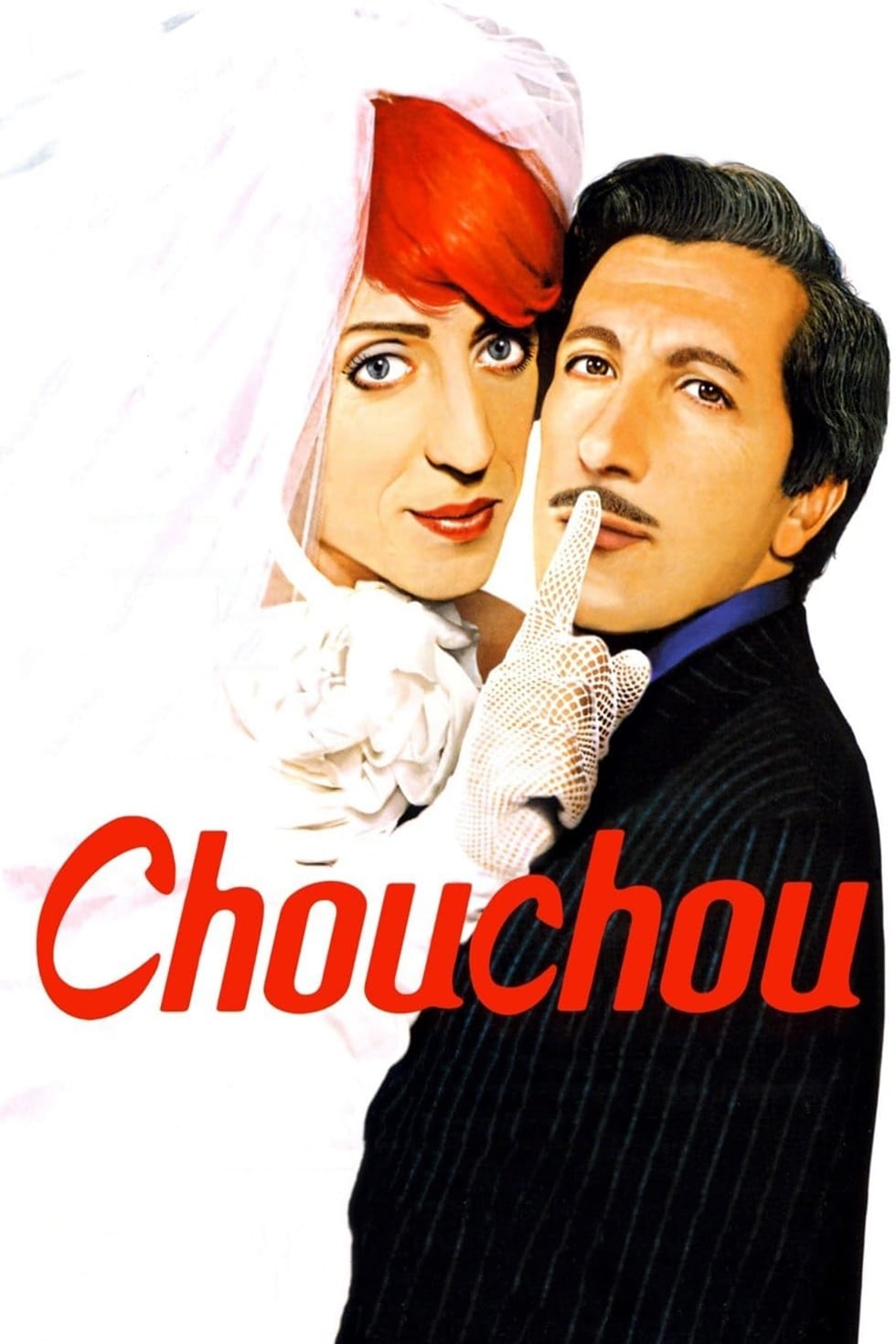
Choukri, alias Chouchou, a transvestite Maghrebi with clear eyes, comes illegally to Paris to find his nephew. Hired as an assistant by a psychotherapist, known for his good mood, he also work as a waiter in a transvestite cabaret of Clichy where he meets Stanislas.
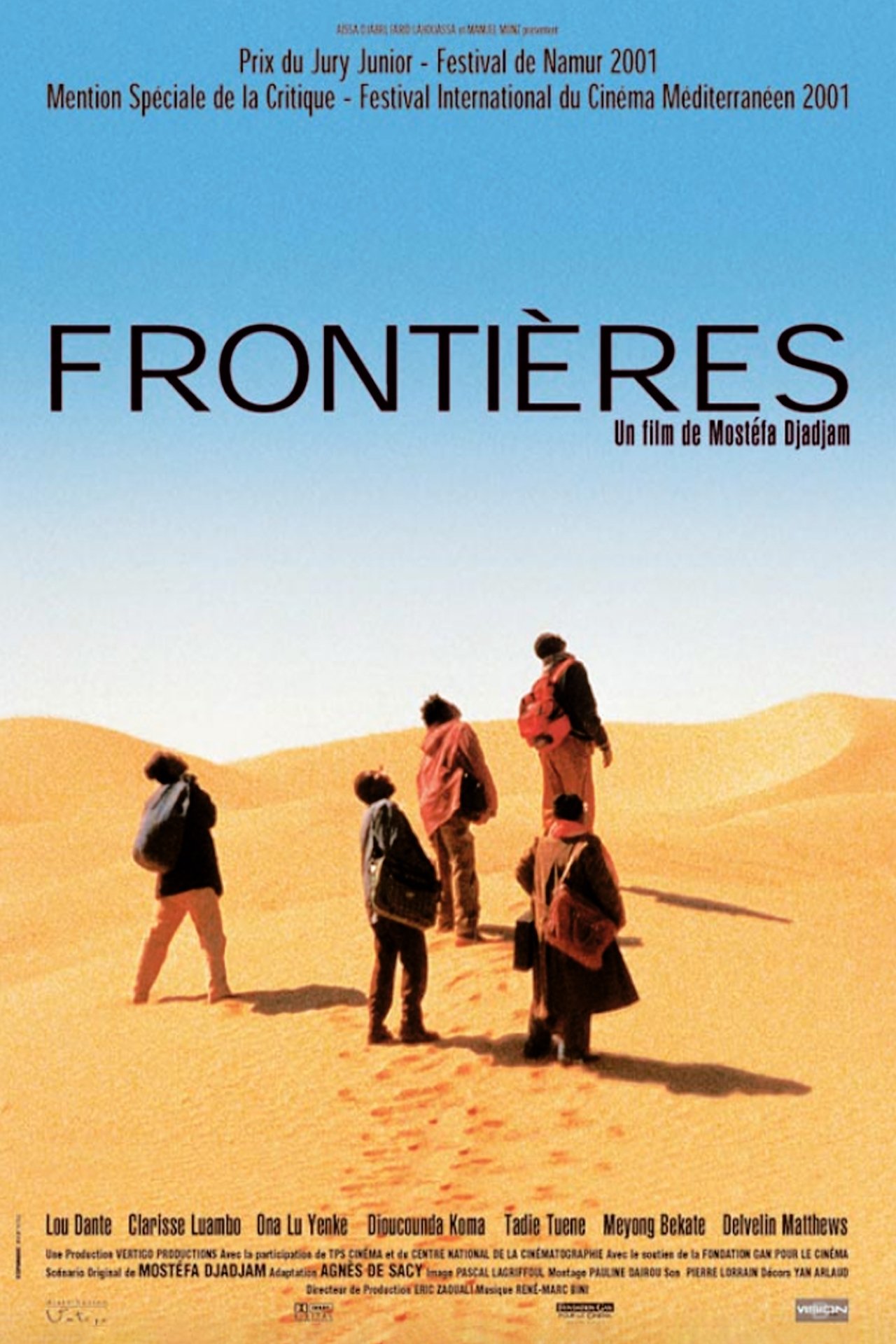
Seven Africans, one woman and six men, decide to enter Europe clandestinely to start a new life. Together, they face dangers and obstacles, but as they get closer to Tangiers, the last stop before they reach Spain and "liberty", their inter-group solidarity starts to fall apart.
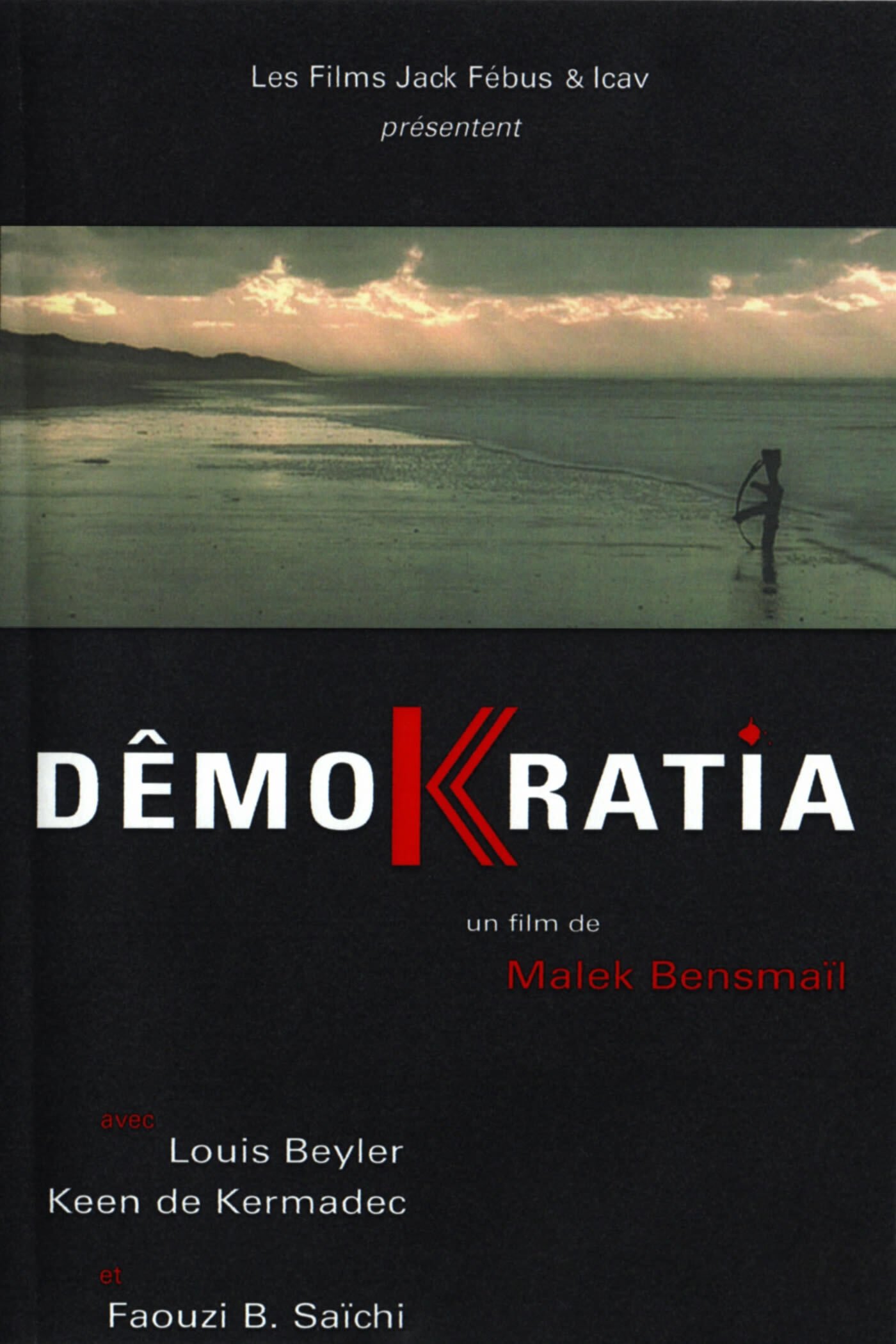
Face to the firing squad a dictator is awaiting death. As the soldiers shoulder their rifles, the man remembers. He recalls with wicked jubilation his devouring ambition, his complete absence of scruples, his brutal lack of humanity, his taste for manipulation, the cowardice of his entourage, his ambiguous relationships with a woman named Dêmokratia.
Fawzi B. Saichi (in arabic : فوزي بسايشي), born April 9, 1951 in Aïn Sefra Algeria, is an Algerian actor. He is nicknamed "Rmimez" after his character in Djamel Bendeddouche's film "The Adventures of Rmimez" in 1986. Fawzi has lived in Algiers since the age of 6, and made his first appearance in the cinema in the film “Leïla et les Autres” by Sid Ali Mazif, in 1977. With the film by Rabah Laradji, written by Rachid Benallal, “Un Toit Et Une Famille”, released in 1982, he was awarded the prize for best male performance at the Carthage Cinematographic Days, in Tunisia. In 1986, Djamel Bendeddouche directed "Les Aventures de Rmimez (مغامرات رميمز)" a musical film starring Ouardia Hamitouche and Faouzi Saichi who performs "Rmimez" in a succession of clips, between dream and reality, meeting different actors . of the young Algerian music scene of the mid-1980s. "Rmimez", will become the nickname that will follow him throughout his career. An essential actor in Algerian cinema, he is also sought after by foreign filmmakers and will go on to produce more than twenty productions for television and cinema, including “Les Folles Années Du Twist” (1986), “De Hollywood à Tamanrasset” (1991). ), “Beur Blanc Rouge” (2006) by Mahmoud Zemmouri, La Route d’Istanbul by Rachid Bouchareb (2016), etc. In 2015, a tribute was paid to him in his presence and those of many figures of Algerian cinema at the Kateb Yacine regional theater in Tizi-ouzou.
By browsing this website, you accept our cookies policy.